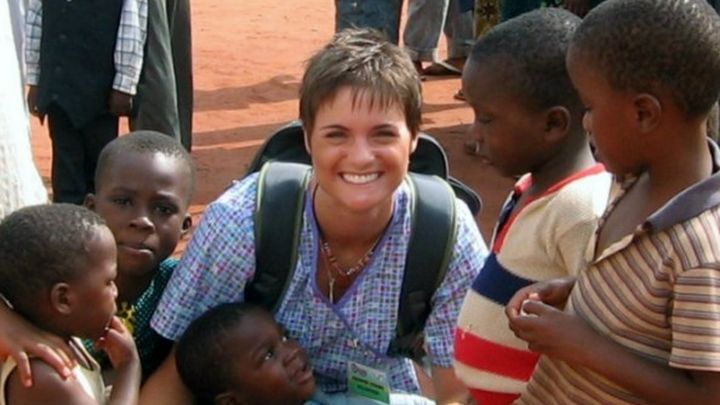
Ex-Combatant Reintegration in Uganda
Donation protected
I am a University of New Mexico Political Science Doctoral Student with a Masters in Public Health from Indiana University.
Currently, I am preparing to conduct fieldwork pursuant to completing my field paper requirement and, what I hope will be, a significant start to my dissertation. I am hoping to make my first fieldwork trip in July of 2013 (this summer). While I am seeking funding from multiple sources, I am also asking for donations from anyone who might be interested in the project and in assisting me in pursuing my work in complex humanitarian emergency situations.
Briefly, my research centers around the fate of armed group combatants in the wake of peace negotiations. What to do about the existence of ex-combatants and the unique difficulties they present to communities and state governments are questions that have only recently been subject to empirical (or scientific) inquiry. My specific contribution to the study of the topic is the inclusion of primary source quantitative and qualitative data. In other words, I intend to improve our knowledge of what to do about ex-combatants in the aftermath of conflict by going to the places where these individuals live and interview them myself. I also intend to gather archival information not yet available to the general public due to technological and capabilities issues.
The locations in which I intend to collect this data at this time are Eastern Democratic Republic of Congo and Western Uganda. I have included a brief abstract of my research design below.
To learn more about my qualifications and background, including a copy of my CV and description of current projects, please visit my professional blog.
Research Abstract:
Demobilization, disarmament, and reintegration (DDR) comprise an institutional process that is meant to stabilize war-affected areas, reduce violence, and transition societies from contexts of war to contexts of peace. Reintegration is, in many respects, the last "stop" on the road to transition from war to peace. Reintegration is not just a process for armed combatants, but also those who have been displaced, orphaned, and socially alienated from communities due to conflict. Reintegration is beneficial, not only for those who are returning to civilian life, but also for the members of the communities in which reintegration takes place. When reintegration fails (both at the individual and community levels), conflict persists, economies continue to crumble, and the potential for further political and societal cleavages remains. Despite the importance of the reintegration aspect of DDR in war-to-peace transitions, many of these programs have failed to effectively implement sustained reintegration of ex-combatants into civilian life. Specifically, some ex-combatants leave, or "˜defect,' from reintegration programs in favor of returning to combatant life. This project focuses on the Northern Region of Uganda and asks why former combatants who have completed the first two phases of DDR choose to re-enter combatant life once they have registered for reintegration programs. The proposed theoretical determinants of ex-combatant defection from reintegration programs include gender, ethnic homogeneity, age, occupation prior to involvement in combatant groups, and occupation within combatant groups. This is the first study that considers the determinants of ex-combatant reintegration with regards to reintegration defection. As such, the study makes a major contribution to the civil war and transitional justice literature by presenting a new model of ex-combatant behavior, as well as offering new data to the study of DDR.
The money raised on the site will defray the cost of travel, lodging, and materials used for research, including an audio recorder, analytic software, and other technical assistance.
Organizer
Jennifer M Kerner
Organizer
Albuquerque, NM